Editor’s Note: This week’s blog comes from Nigeria Health Watch team member Dara Ajala-Damisa. She writes about choosing a family planning method as a young newly married woman. She delves into how the perceptions of negative side effects can affect contraceptive use in Nigeria and the need to increase the public’s knowledge about the importance of family planning and the available options.
One afternoon in January 2019, I was sitting in my doctor’s office, upset and armed with many questions. Recently married, my husband and I had been considering contraceptive options and I went online to learn what different people’s experiences had been, to help guide my choice. This may not have been the best option as social media had a way of amplifying rather than calming my concerns. So, I was in the doctor’s office with many questions because I had caught the social media bug!
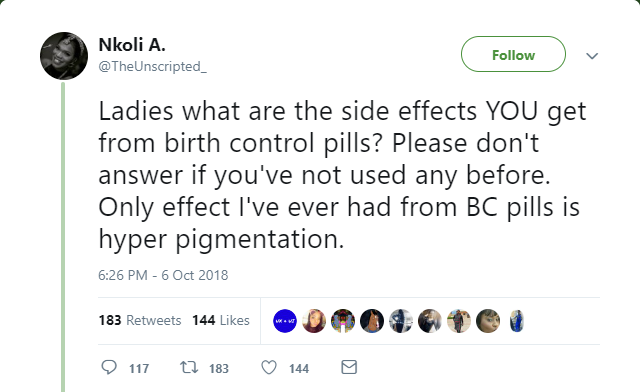
A tweet by @theunscripted_ in October 2018 asking people about the side effects of birth control pills had gone viral, as women shared stories about the side effects of the various contraceptive methods they had used. One perhaps, exaggerated comment on the thread stated, “I’m reading the replies and realising that birth control pills might be the devil!”. Going through the Twitter thread, I realised that while we had almost decided what method to use, none of my conversations with health workers had resulted in anyone sharing any of these side effects with me. The certainty of the comments made me feel that the health workers had intentionally hidden these side effects from me and not given me the full picture about the different contraception option. Understandably, I was not smiling when I went into the doctor’s office.
The Consultant Gynaecologist I met, was gracious in responding to the questions I had. He pointed out that often, women using modern contraception methods, blame the contraception for the normal hormonal changes they go through, especially after pregnancy and childbirth. For instance, I was already experiencing many of the symptoms commonly associated with contraceptive use such as headaches, weight gain, spotting and mood swings and I had not even used a contraceptive yet! The Gynaecologist’s standpoint was that if I had started using a modern contraception method, before experiencing these hormonal changes, I would have cited them as side effects of the family planning method, and perhaps decided that I didn’t want to use them anymore to avoid these side effects.
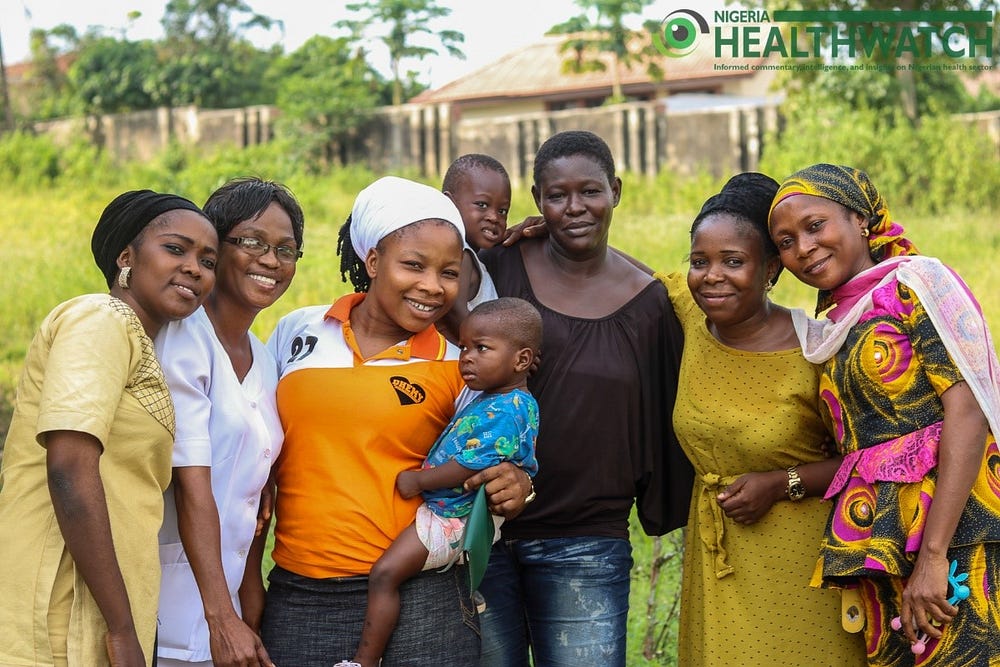
Despite the enormous benefits of family planning, its uptake remains low in Sub-Saharan Africa. This has resulted in high rates of unplanned pregnancies, unsafe abortions and has contributed to the high maternal deaths in Sub-Saharan Africa of which Nigeria is no exception. According to the World Health Organisation (WHO) 24.2% of women of reproductive age in Africa have an unmet need for modern contraception. Progress towards improving the use of contraceptives in Nigeria has been very slow. The biggest contributors to the low uptake of modern contraception methods has been a lack of knowledge about the various available options, limited access to these options, religious and cultural beliefs, as well as misconceptions about its use. However, access to modern contraception methods has enabled the economic empowerment of women, so they are able to decide when or whether to have children. According to Melinda Gates, co-chair of the Bill & Melinda Gates Foundation, contraception is “the greatest anti-poverty tools that exist”.
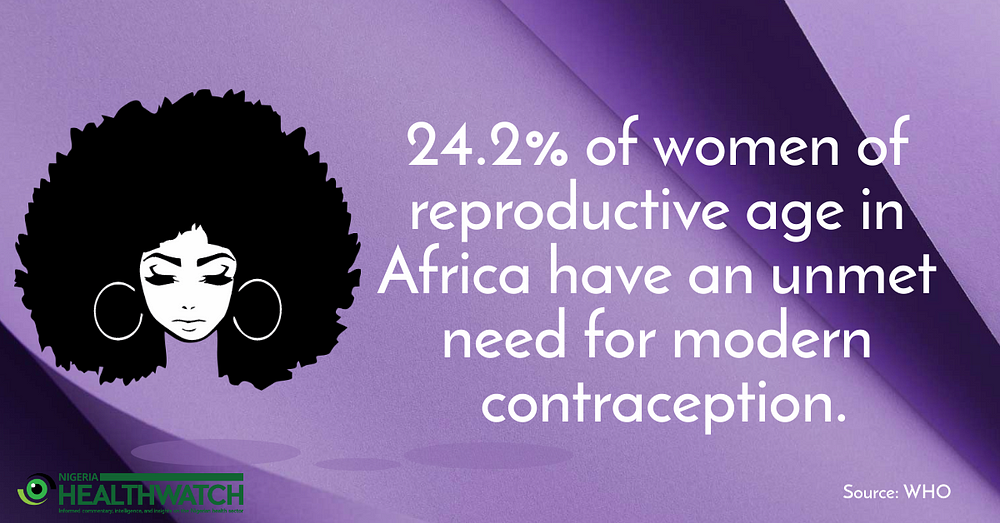
An often ignored reason for the low uptake of family planning services, however, is public opinion of the side effects of contraceptives. We sometimes underestimate the power of word of mouth referrals. I carried out a quick snap poll on WhatsApp among my friends, mostly living in urban Nigerian towns and this revealed some very interesting insights about the perceived side effects of modern contraception methods and how this has influenced their decision to use contraceptives. As Abike, an Abuja resident put it; “I have heard a lot of negative feedback from close friends who used other contraceptives apart from condoms.”
Their responses raised a number of issues;
- There are a lot of rumours and mistrust about different modern contraception methods and their side effects. One such rumour is, “All the hormonal methods have proven to have side effects (even though scientists will not agree) and they do not stop working immediately the method is stopped.”
- The most commonly used family planning methods cited were traditional contraceptive methods (calendar, rhythm or withdrawal methods) which carry the highest risks of unplanned pregnancy.
- Among the least known (and used) methods of contraception was the long-acting reversible implants method which can last between three to five years for women who use them. Implants have a 0.05% failure rate.
- Concerns about health issues and possible side effects not only affects the decision to use or not use long-acting reversible implants, but also influences the decision to continue or discontinue the use of modern contraception.
There is available research to support these results. Research published in 2015 looked at “Perceived Risks Associated with Contraceptive Method Use among Men and Women in Ibadan and Kaduna”, and showed that the most common reason for non-use of contraception is the fear of possible side effects.
We may assume that uptake of family planning services is on the rise in urban areas and that the challenge for family planning services is rural areas, where we assume knowledge about contraception is low. However, data from Nigeria’s 2013 Demographic Health Survey suggests otherwise. About 85% of women and 95% of men reported knowing a contraception method. However, only 15% were using any. Clearly, factors other than a lack of knowledge and cultural beliefs are at play, preventing the uptake of contraceptive among Nigerians.
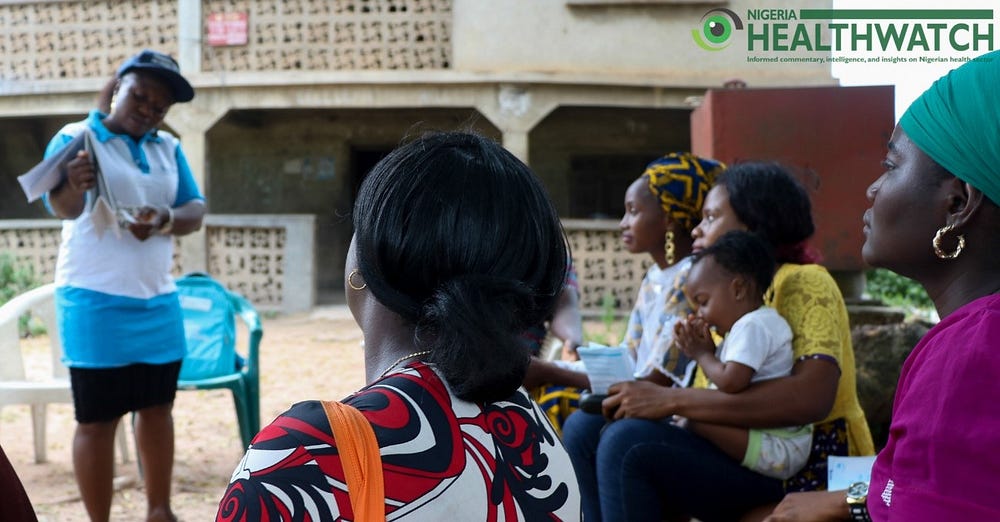
Uncontrolled access to unverified information poses a unique challenge for family planning champions; people are sharing their experiences, real or presumed, using contraceptives and there is insufficient specialised advice to counter or calm the fears raised. A large group of people publicly sharing similar information about their experience using modern contraception methods has the potential to influence the perception of others. Family planning services in Nigeria could be significantly strengthened by renewed efforts to focus on knowledge, tackling the rumours and misinformation about the various types of contraceptives.
The inadequate access to information about possible side effects of the various types of contraception is evidence that health professionals need to better communicate the possible side effects of the various types of modern contraception methods.
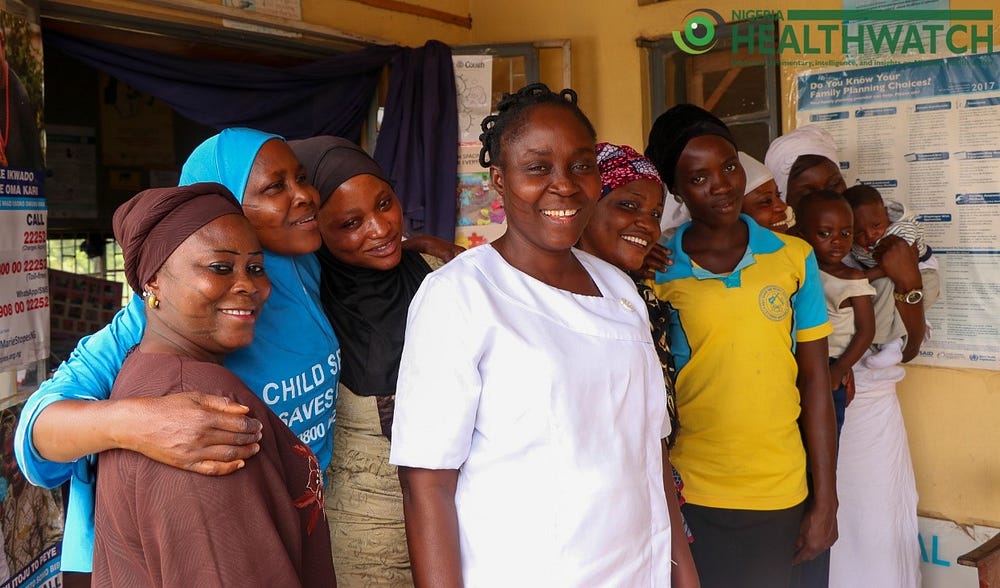
We need to better train health workers to correctly educate the public about possible side effects of contraceptives, to counter rumours that may not be completely accurate. Without prejudice, health workers should be able to adequately counsel people on the different family planning methods and their side effects.
Increased focus is needed to ensure that people understand the array of available contraceptives, the most effective types and how they can access them. For users like Abike, this is a very key gap. “Above all, I think there is no proper education on family planning and most times, the medical personnel don’t check the individuals to know which family planning is suitable for their body system,” she said.
For me, thankfully my doctor was able to allay my fears and we decided on a family planning method that has been working for us. So the next time I see my Gynaecologist to discuss my contraceptive choices, I will be smiling!
Have you ever accessed family planning services? What was your experience? What are the perceived side effects of modern contraception methods that you have heard of? We would like to hear from you. Please share your thoughts and experiences in the comments section below.


